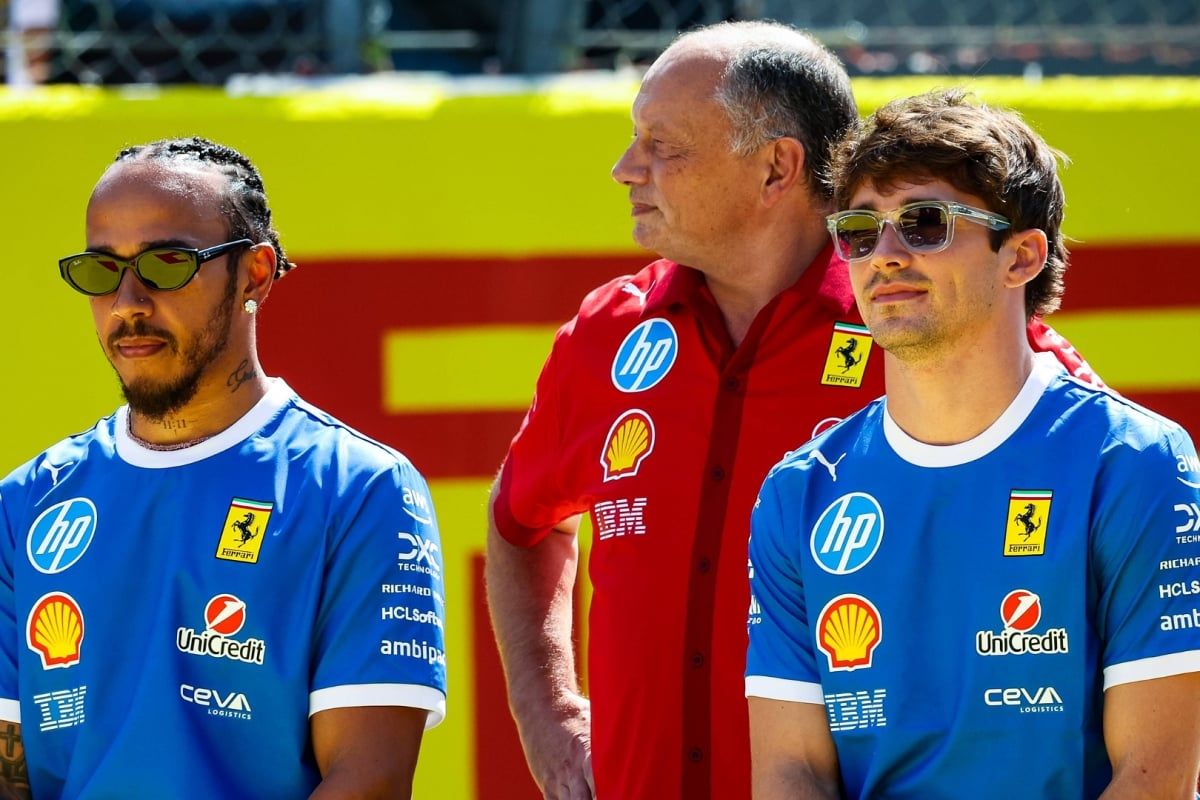FIA Proposes Controversial Reforms Ahead of Presidential Election
The Fédération Internationale de l’Automobile (FIA) has proposed a series of reforms that have sparked controversy and concern among critics. The proposed changes, which are set to be voted on at the FIA General Assembly next month, aim to consolidate power, increase central control, and potentially bar certain candidates from running in the upcoming presidential election.
According to a confidential document seen by BBC Sport, the proposed reforms include a new eligibility criterion that requires candidates to have a clean record of professional integrity. While this may seem like a reasonable requirement, critics argue that it could be used to target specific individuals, such as Carlos Sainz, a rally legend who has announced his intention to run for president.
The proposed reforms also grant the FIA president, Mohammed Ben Sulayem, more control over the membership of the FIA Senate, the body that governs the organization in conjunction with the president. The changes would allow the president to appoint members of the Senate without oversight from other members, potentially giving Ben Sulayem more power to shape the organization’s agenda.
Another proposed reform would bring the four-year term of office of the members of the audit, ethics, and nominations committees in line with that of the president. While this may seem like a minor change, critics argue that it could reduce the independence of these committees and give the president more control over their composition.
The proposals also include a change to the composition of the World Motorsport Council, the organization’s legislative body. The current rules require that at least 21 of the 28 members must be of different nationalities. The proposed reform would allow for more flexibility in the composition of the council, potentially giving Ben Sulayem more influence over its membership.
Furthermore, the proposals would bring forward the deadline for candidates to declare their teams for the presidential election, from 21 days prior to the election to 49 days. Critics argue that this could give the president more time to scrutinize candidates and potentially bar them from running.
The proposed reforms have sparked concern among critics, who argue that they could consolidate power, reduce transparency, and undermine the independence of key committees. One critic described the proposals as “a convenient way of dressing up a way where ‘I can potentially get rid of these people when it suits me.'” Another critic argued that the proposals “seem efficient” but actually give “fewer options for dissent outside of a presidential cycle.”
The FIA has defended the proposed reforms, arguing that they are necessary to ensure consistency, transparency, and good governance. However, critics remain skeptical, and the proposals are likely to face significant opposition when they are voted on at the FIA General Assembly next month.




